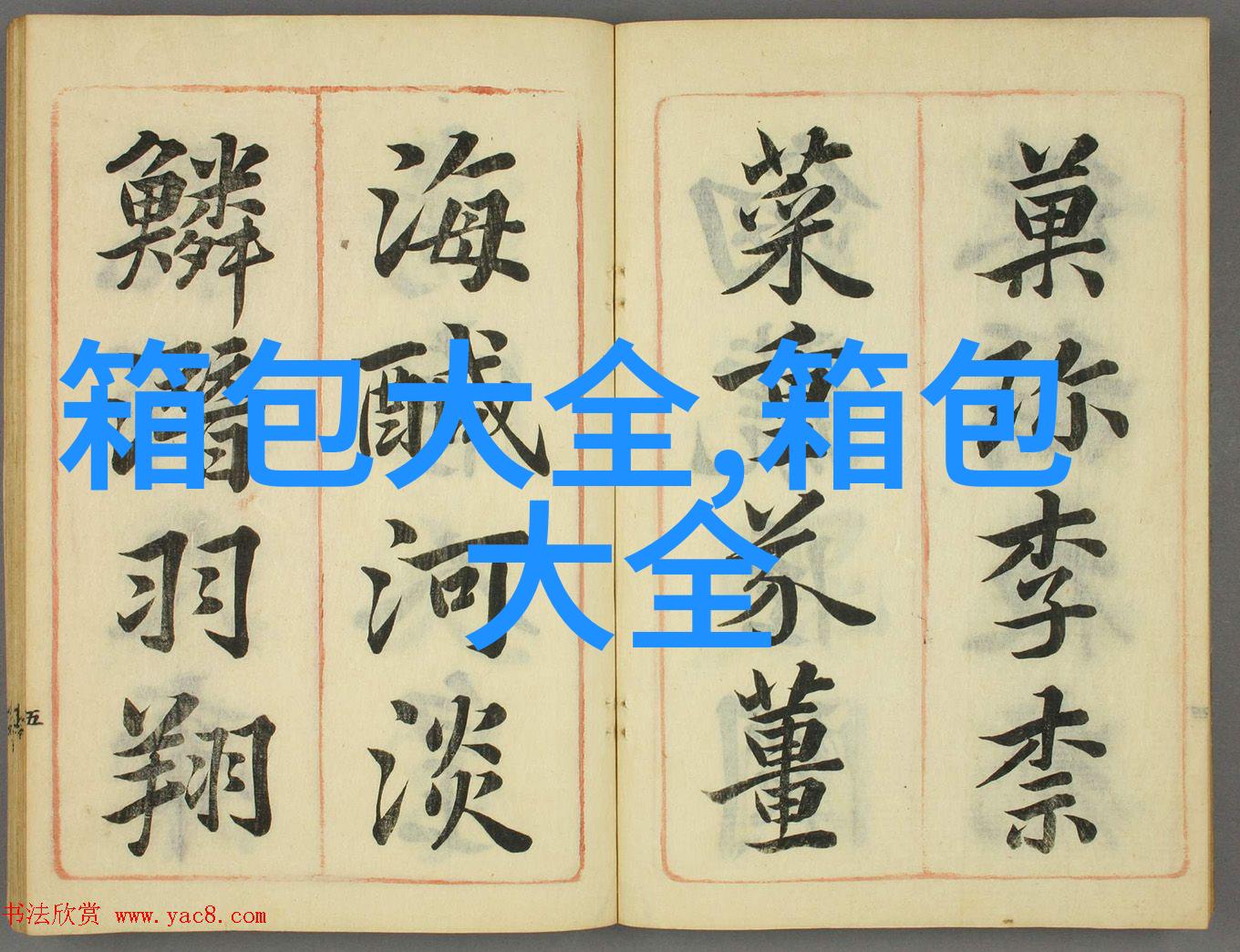在浩瀚无垠的自然界中,生长着各式各样的生命。这些生命不仅是地球上生物多样性的基石,也是维持生态平衡的关键。在这片广袤大地上,有一种名为玉米(Zea mays)的作物,它被人类视为粮食之源,亦是农业生产的一朵奇葩。然而,在追求高产量和便捷农事技术时,我们是否曾深思过,这种追求背后隐藏着怎样的代价?特别是在使用了称之为“glyphosate”的化学品之后。

Glyphosate是一种广泛应用于现代农业中的杀虫剂与除草剂,其化学名称为N-(苯肼-3-羟基甲酰)-甘氨酸,是一种强效的非选择性植物生长抑制剂。这款神奇药水可以轻松消灭所有类型的植物,无论它们是否具有特定的防御机制,因此被誉为“绿色魔杖”。它通过抑制5-enolpyruvylshikimate-3-phosphate synthase(EPSPS)酶,从而阻断某些细菌、真菌和植物细胞中的必需途径,使其无法进行复杂的糖分合成过程,最终导致植物死亡。
但 glyphosate并不是万能神药,它带来了许多潜在的问题。首先,尽管 glyphosate本身相对安全,但它会破坏土壤微生物群落结构,对土壤健康构成威胁。长期使用可能导致土壤肥力下降,影响未来几代作物的收获。此外,glyphosate残留在水体中也会污染饮用水资源,对野生动植物造成伤害。

此外,由于 Glyphosateresistance逐渐出现,那些原本能够有效控制问题作物(如野草)的种子也开始失效。而且,不可预见的是,这一现象正在迅速蔓延至更多地区,即使一些已知耐抗种子也可能再次变得无效。这意味着农民们不得不不断提高施用剂量或更换新的、更昂贵的人工添加剂,以保持效果,这增加了成本,并加剧了环境污染。
还有一点需要关注的是,一旦这种抵抗发生,就难以控制其扩散范围,而这种情况已经出现在世界各地。在美国得克萨斯州,一项研究显示,大约三分之一的地面水体含有足够高浓度的大蒜素(sulfate),足以阻止某些微生物从土壤中捕捉磷酸盐——一个基础营养素。这将严重干扰当地食品链,并对整个生态系统产生深远影响。

总结来说,虽然在短期内使用 glyphosaterepresented a significant increase in crop yields and reduced labor costs for farmers, but the long-term effects of its use are far from reassuring. The widespread adoption of this herbicide has led to the emergence of resistant weeds, which can outcompete non-resistant crops for resources like light, water and nutrients. Moreover, it is also suspected that overuse may be linked to an increased risk of certain health problems in humans.
As we continue to rely on these chemicals as part of our agricultural practices, we must acknowledge the potential risks they pose to both human health and environmental sustainability. It's time for us to reevaluate our relationship with nature and find more sustainable ways to grow food without causing harm to ourselves or future generations.

It's not too late yet; there are still many alternatives available such as organic farming methods or integrated pest management techniques that don't involve chemical pesticides. By adopting these practices, farmers can reduce their reliance on glyphosateswhile maintaining productivity levels.
In conclusion, while glyphosateserves as a powerful tool in modern agriculture by providing quick solutions for weed control issues during peak seasons when natural growth cycles are disrupted due its efficiency at killing plants rapidly through interference with plant cell metabolism pathways leading ultimately towards death via apoptosis mechanism known as programmed cell death (PCD). However considering all aspects including soil quality degradation caused by repeated applications over years resulting loss fertility content reducing overall production capacity eventually affecting yield significantly decreasing crop value substantially increasing cost burdening small scale farmer families further exacerbating poverty cycle viciously self-reinforcing itself around rural communities worldwide

We should rethink our approach towards using herbicides like glyphosatesbecause it might lead us down a dangerous path where short-term gains come at great expense environmentally speaking: destroying ecosystems & biodiversity – something we cannot afford given current circumstances!




